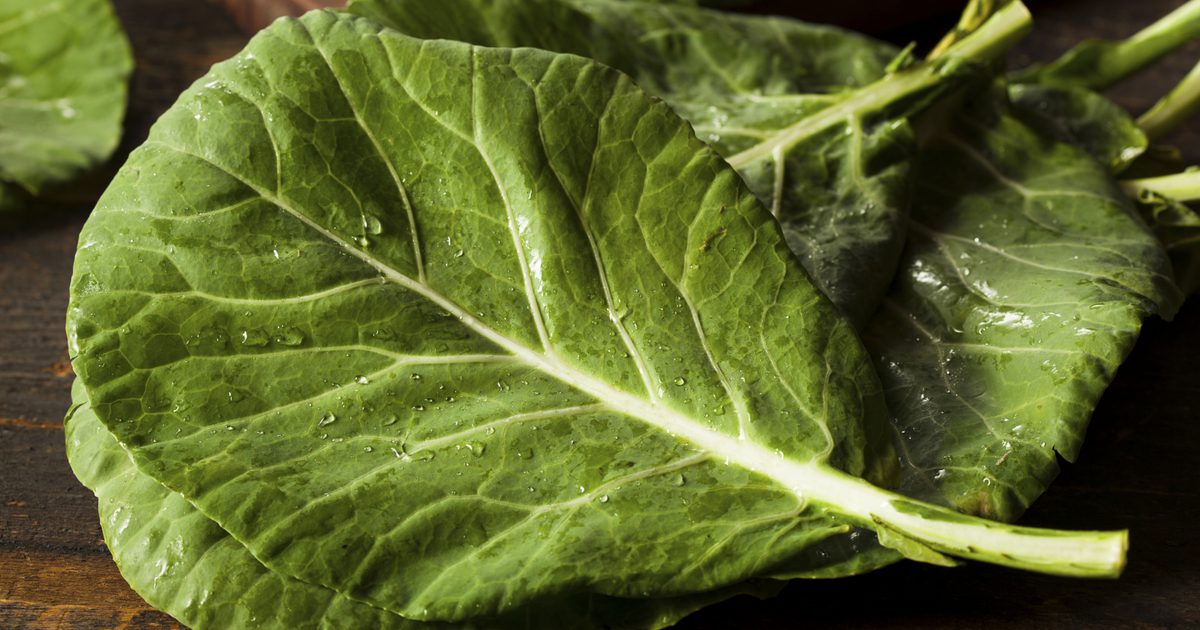The Importance Of Vitamin K And Which Foods To Eat
When individuals talk about vitamin K, they're actually referring to a group of vitamins that help regulate calcium levels in the blood, metabolize the bones, and clot blood. Vitamin K is necessary to create prothrombin, an essential protein within the body. It's rare for individuals to be deficient in vitamin K, but when this does occur, wounds may take longer to clot. Vitamin K1 is the primary type of vitamin K found in an individual's diet. This vitamin is found in plants. Vitamin K2, a lesser source, can be found in certain fermented and animal-based foods. These are the best foods to eat if you want to absorb the maximum ideal amount of vitamin K.
Health Benefits Of Vitamin K

There are many health benefits of vitamin K, and it's a necessary vitamin for the body. A lack of vitamin K means the body loses the ability to produce prothrombin, which is a protein used in blood clotting and the metabolizing of bones. While the majority of Americans don't have a risk of deficiency, eating foods rich in vitamin K can help with blood clotting and bone strength. Individuals who are most at risk for a vitamin K deficiency are those who cannot absorb nutrients properly, along with newborns. When an infant is first born, they'll usually have an injection of vitamin K to prevent bleeding in the skull and brain. The recommended daily intake of the vitamin varies depending on the gender and age of the person. Women over eighteen are recommended to consume ninety micrograms per day, while men are recommended 120 micrograms. Vitamin K encourages bone health, cognitive health, and heart health. It can help prevent osteoporosis, improve memory in older individuals, and help blood pressure remain lower.
Keep reading for the specific foods to eat for vitamin K.
Collard And Turnip Greens

Collard and turnip greens are excellent sources of vitamin K, though they also have numerous other nutritional benefits. Turnip greens have a good source of vitamin A, found in beta-carotene form. They also have a great deal of vitamin B6, vitamin C, and vitamin E. Vitamin E promotes hair and nail health, while vitamin C boosts the immune system. They're a good source of dietary fiber, which helps bowel movements remain regular. They're also good sources of calcium and manganese, which increase bone strength. Potassium, iron, phosphorus, and magnesium can all also be found concentrated in these foods. While not as rich in protein as some other foods, they do contain protein and omega-3 fatty acids. These foods contain most of the vitamins and minerals you need for day-to-day life.
Continue reading to learn about the next food high in vitamin K and its benefits.
